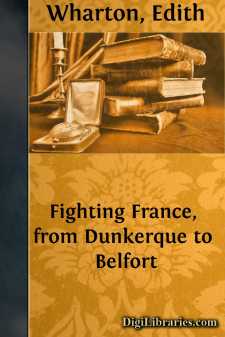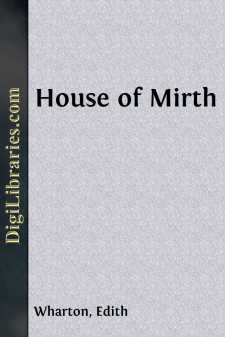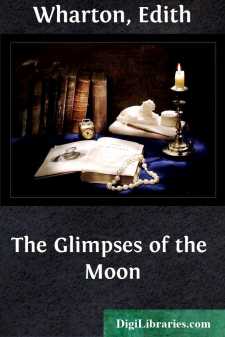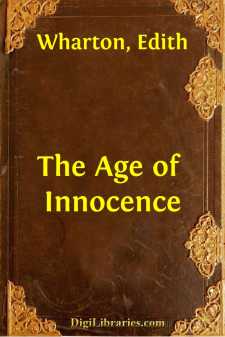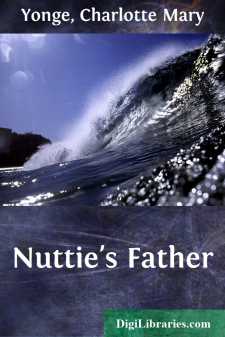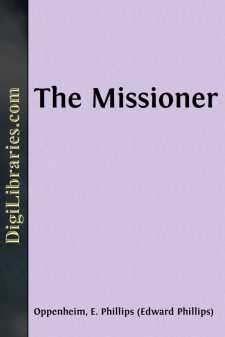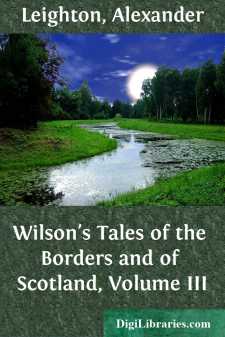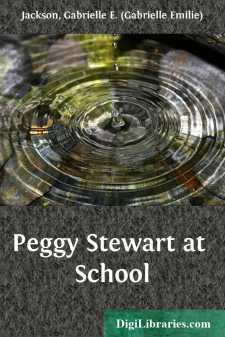Categories
- Antiques & Collectibles 13
- Architecture 36
- Art 48
- Bibles 22
- Biography & Autobiography 813
- Body, Mind & Spirit 138
- Business & Economics 28
- Children's Books 12
- Children's Fiction 9
- Computers 4
- Cooking 94
- Crafts & Hobbies 4
- Drama 346
- Education 46
- Family & Relationships 57
- Fiction 11821
- Games 19
- Gardening 17
- Health & Fitness 34
- History 1377
- House & Home 1
- Humor 147
- Juvenile Fiction 1873
- Juvenile Nonfiction 202
- Language Arts & Disciplines 88
- Law 16
- Literary Collections 686
- Literary Criticism 179
- Mathematics 13
- Medical 41
- Music 40
- Nature 179
- Non-Classifiable 1768
- Performing Arts 7
- Periodicals 1453
- Philosophy 64
- Photography 2
- Poetry 896
- Political Science 203
- Psychology 42
- Reference 154
- Religion 505
- Science 126
- Self-Help 81
- Social Science 81
- Sports & Recreation 34
- Study Aids 3
- Technology & Engineering 59
- Transportation 23
- Travel 463
- True Crime 29
Fighting France, from Dunkerque to Belfort
by: Edith Wharton
Categories:
Description:
Excerpt
AUGUST
On the 30th of July, 1914, motoring north from Poitiers, we had lunched somewhere by the roadside under apple-trees on the edge of a field. Other fields stretched away on our right and left to a border of woodland and a village steeple. All around was noonday quiet, and the sober disciplined landscape which the traveller's memory is apt to evoke as distinctively French. Sometimes, even to accustomed eyes, these ruled-off fields and compact grey villages seem merely flat and tame; at other moments the sensitive imagination sees in every thrifty sod and even furrow the ceaseless vigilant attachment of generations faithful to the soil. The particular bit of landscape before us spoke in all its lines of that attachment. The air seemed full of the long murmur of human effort, the rhythm of oft-repeated tasks, the serenity of the scene smiled away the war rumours which had hung on us since morning.
All day the sky had been banked with thunder-clouds, but by the time we reached Chartres, toward four o'clock, they had rolled away under the horizon, and the town was so saturated with sunlight that to pass into the cathedral was like entering the dense obscurity of a church in Spain. At first all detail was imperceptible; we were in a hollow night. Then, as the shadows gradually thinned and gathered themselves up into pier and vault and ribbing, there burst out of them great sheets and showers of colour. Framed by such depths of darkness, and steeped in a blaze of mid-summer sun, the familiar windows seemed singularly remote and yet overpoweringly vivid. Now they widened into dark-shored pools splashed with sunset, now glittered and menaced like the shields of fighting angels. Some were cataracts of sapphires, others roses dropped from a saint's tunic, others great carven platters strewn with heavenly regalia, others the sails of galleons bound for the Purple Islands; and in the western wall the scattered fires of the rose-window hung like a constellation in an African night. When one dropped one's eyes form these ethereal harmonies, the dark masses of masonry below them, all veiled and muffled in a mist pricked by a few altar lights, seemed to symbolize the life on earth, with its shadows, its heavy distances and its little islands of illusion. All that a great cathedral can be, all the meanings it can express, all the tranquilizing power it can breathe upon the soul, all the richness of detail it can fuse into a large utterance of strength and beauty, the cathedral of Chartres gave us in that perfect hour.
It was sunset when we reached the gates of Paris. Under the heights of St. Cloud and Suresnes the reaches of the Seine trembled with the blue-pink lustre of an early Monet. The Bois lay about us in the stillness of a holiday evening, and the lawns of Bagatelle were as fresh as June. Below the Arc de Triomphe, the Champs Elysees sloped downward in a sun-powdered haze to the mist of fountains and the ethereal obelisk; and the currents of summer life ebbed and flowed with a normal beat under the trees of the radiating avenues....


